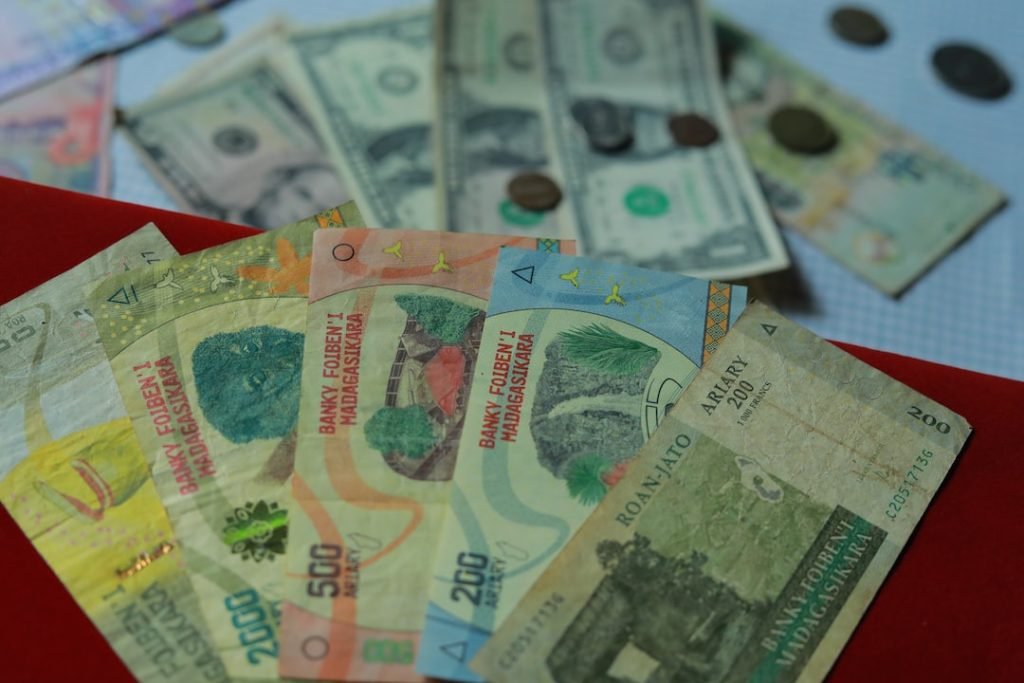

Managing Finances in French: Money and Banking Terms
Managing finances is an essential skill in today’s world, and learning French can greatly enhance your ability to navigate the financial landscape, especially if you plan to live or work in a French-speaking country. In this blog post, we will explore the importance of learning French for financial management and provide an overview of the topics covered.
Table of Contents
ToggleBasic French Money Vocabulary
To effectively manage your finances in a French-speaking country, it is crucial to have a good understanding of basic money vocabulary. This includes words and phrases related to currency, banking, and everyday financial transactions. For example, you should know how to say “money” (argent), “bank” (banque), “cash” (espèces), and “credit card” (carte de crédit) in French.
Understanding French Banking Terminology
Understanding key banking terms in French is essential for managing your finances effectively. Some important terms to know include “account” (compte), “withdrawal” (retrait), “deposit” (dépôt), and “interest rate” (taux d’intérêt). It is also important to be aware of the differences between the French and English banking systems, such as the use of IBAN (International Bank Account Number) in France.
Opening a Bank Account in France
If you plan to live or work in France, opening a bank account is a necessary step. This section will provide a step-by-step guide to opening a bank account in France, including the required documents and procedures. It is important to note that different banks may have slightly different requirements, so it is advisable to check with your chosen bank for specific details.
Managing Personal Finances in French
Once you have a bank account in France, it is important to effectively manage your personal finances. This section will provide tips for budgeting and saving money in French, including how to create a budget (budget), track expenses (dépenses), and set financial goals (objectifs financiers). Additionally, we will provide resources for managing personal finances in France, such as budgeting apps and websites.
French Credit Cards and Debit Cards

Credit and debit cards are widely used in France, and understanding how to use them effectively is crucial for managing your finances. This section will provide an overview of the French credit and debit card systems, including the different types of cards available and how to avoid common pitfalls, such as overspending or falling victim to fraud.
Understanding French Taxes and Taxation
Understanding the French tax system is essential for managing your finances effectively. This section will explain the French tax system and terminology, including the different types of taxes (impôts) and how they are calculated. We will also provide tips for filing taxes in France, including important deadlines and resources for assistance.
Investing in France: French Stock Market and Investment Terms
Investing can be a key component of financial management, and understanding the French stock market and investment opportunities is important if you plan to invest in France. This section will provide an overview of the French stock market and explain key investment terms in French, such as “stocks” (actions), “bonds” (obligations), and “dividends” (dividendes).
French Real Estate: Property and Mortgage Terms
If you are considering buying property in France, it is important to understand the French real estate market and terminology. This section will explain key terms related to property and mortgages in French, such as “house” (maison), “apartment” (appartement), “mortgage” (prêt immobilier), and “real estate agent” (agent immobilier). We will also provide tips for buying and financing property in France.
Benefits of Learning French for Financial Management
In conclusion, learning French can greatly enhance your ability to manage your finances in a French-speaking country. By understanding basic money vocabulary, banking terminology, and financial systems, you can navigate the financial landscape with confidence. Additionally, learning French opens up opportunities for investing in the French stock market, buying property in France, and expanding your financial horizons beyond borders. So, whether you plan to live or work in France or simply want to broaden your financial knowledge, learning French is a valuable investment.
If you’re interested in managing your finances in French, you may also find this article on Money and Banking Terms helpful. It provides a comprehensive guide to understanding the vocabulary and terminology related to money and banking in French. Whether you’re opening a bank account, applying for a loan, or simply want to improve your financial literacy, this article will equip you with the necessary knowledge to navigate the world of finance in French. Check it out here.
FAQs
What is the article about?
The article is about managing finances in French, specifically money and banking terms.
Why is it important to know money and banking terms in French?
Knowing money and banking terms in French is important for anyone who wants to manage their finances in a French-speaking country or communicate with French-speaking financial institutions.
What are some common French money terms?
Some common French money terms include “argent” (money), “euros” (euros), “centimes” (cents), “billets” (banknotes), and “pièces” (coins).
What are some common French banking terms?
Some common French banking terms include “compte bancaire” (bank account), “carte bancaire” (debit or credit card), “virement” (transfer), “chèque” (check), and “agence bancaire” (bank branch).
How can I learn more about managing finances in French?
You can learn more about managing finances in French by taking a language course, reading books or articles on the topic, or consulting with a financial advisor who speaks French.
If you want to learn Norwegian, you can register for classes here. We look forward to hearing from you and helping you become fluent in Norwegian.






